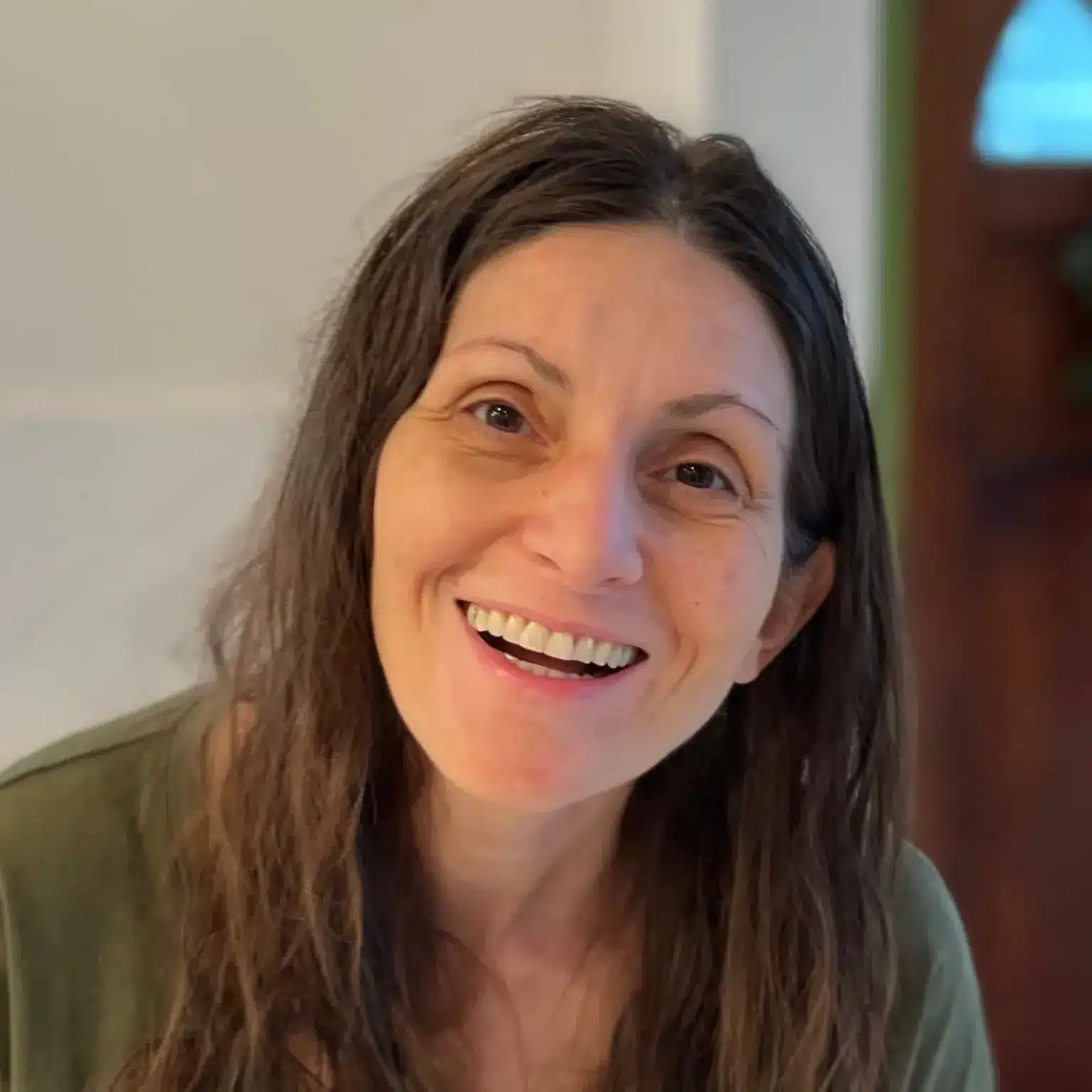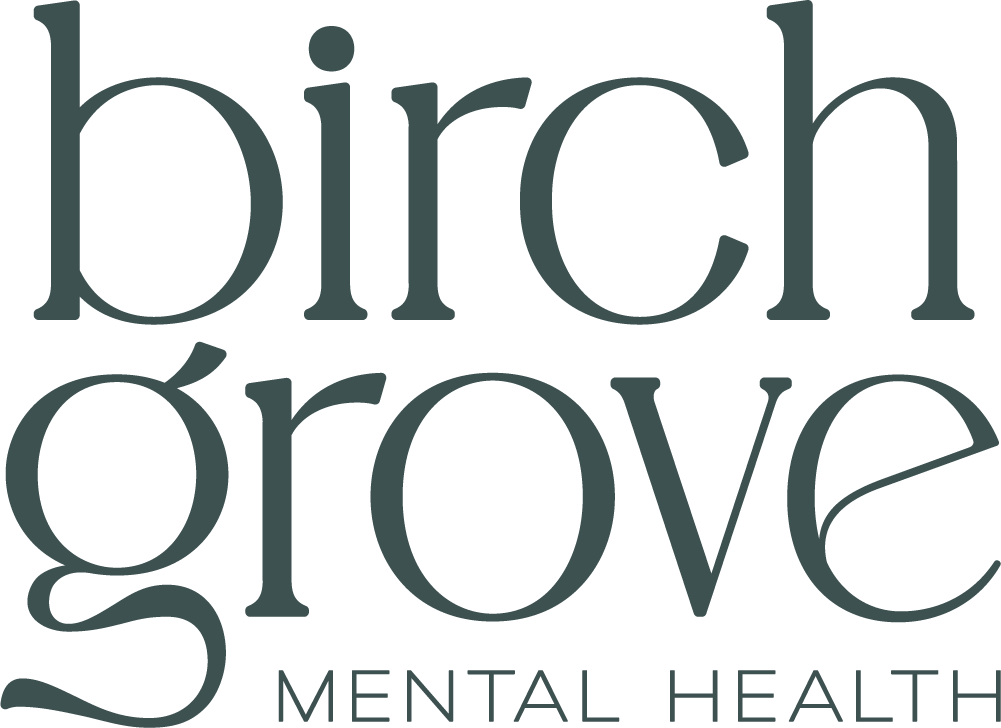
ADHD can create unique challenges in maintaining focus, completing tasks, and managing time…
which can impacts all facets of life.
With the right support and treatment strategies, obstacles are transformed into stepping-stones.
ADHD impacts all aspects of life
As we are all unique, our ADHD is expressed to different degrees and in different ways.
Career, family, relationships… all are to some degree impacted by ones ADHD
Below are some common themes among those with mis-managed ADHD
Living with ADHD
At work – Struggles with organization, deadlines, and staying focused can create frustration and conflict with colleagues or supervisors. Tasks can feel overwhelming (particularly starting), leading to procrastination or incomplete projects.
With our kids – Parenting with ADHD can be sometimes chaotic, with challenges maintaining routines, staying patient, and juggling what seems like a hairball or responsibilities. While parents with ADHD are often creative and engaging with their families, they may find it challenging to provide structure.
With our partners – Communication can break down due to impulsive behavior or forgetfulness, leading to misunderstandings or tension. And even with the best of intentions, the emotional ups and downs of ADHD can also make maintaining harmony challenging.
Your ADHD may express itself even subtly across these facets of life… and you know where you would prefer the influence of ADHD were less.
Having an untreated parent with ADHD
From a child’s perspective an untreated parent with ADHD often struggles to find consistent structure or guidance, impacting their sense of stability. Parents may forget important events or act impulsively, which could create confusion or insecurity.
At the same time, untreated ADHD can bring creativity and spontaneity to family dynamics, but the lack of emotional regulation might lead to frequent conflict or unpredictability. Children benefit from all the creativity and energy brought to the table by a parent with ADHD. Children crave such things as well as stability and structure.
Treatment can mean not losing those aspects which make you as a parent and person unique while creating more balance in your life.
Having an untreated partner with ADHD
Being a partner to someone with untreated ADHD can be a rollercoaster. Forgetfulness, impulsivity, or difficulty following through on commitments can create friction. Partners with ADHD often feel overwhelmed with all that is on their plate, while simultaneously recognizing the importance of everything before them… leading to conflicted feelings.
On the flip side, untreated ADHD can bring real, genuine energy, enthusiasm, and emotion to the relationship.
Properly managed ADHD can be transformative
At work, improved focus and organization lead to greater productivity and fewer workplace challenges.
With kids, parents are able to gain the ability to maintain structure, manage emotions, and balance the demands of parenting.
With your partner, medication can help regulate impulsiveness and emotional swings, creating stronger communication and trust in relationships.
Overall, medication allows individuals to harness their strengths while managing their challenges effectively, fostering growth and stability.
ADHD Assessment for informed diagnosis & treatment plannig
We use ADHD assessments in our practice to more precisely understand cognitive and behavioral health.
Assessments involve short & engaging online games that offers a snapshot of how people think and behave.
Creyos is a scientifically-validated platform designed for precise and efficient measurement of cognitive and behavioral health.
With 30 years of research and a comprehensive database of 85,000 participants, it combines engaging online cognitive tasks with digital behavioral health questionnaires to deliver objective insights into brain health.
Incorporating testing into our patient evaluation practice enhances our ability to understand your needs and make informed decisions—leading to faster and more effective care.
Scheduling and Testing
Easy
Quick & Convenient
Participate in the assessment from any device you prefer, like your laptop, desktop, or tablet.
Schedule
When works for you
Schedule your assessment with your Birch Grove Mental Health Psychiatric Nurse Practitioner.
How to
Tutorial
Before you take the assignment, you will be guided on what to expect, how to tackle the assessment, and how long it will probably take.
Be Tested
Tasks & quizes
Complete the task, and once you’re done, a report will zip off to your practitioner to check out.
What patients say about us…
My teen son has started seeing Sunami for several months. It’s been great to see and hear his trust in her grow. We are building a toolset that my son can practice and use. It takes a village; happy and relieved to have found Sunami for my son’s mental health journey.
Highly recommend! Virtual appointments are very easy and scheduling is always flexible. Highly knowledgeable and trustworthy. Medication refills are sent in timely.
This practice has been so helpful for my whole family. They have been so flexible with appointments and are always responsive. Our NP is very knowledgable and caring. Highly recommend!
Meet The Team

Sunami Gurung
CT, MA, NH, NY, RI, VT
Psychiatric Nurse Practitioner

Natasa Ristivojevic
MA, NH
Psychiatric Nurse Practitioner

Salma Trainor
MA, NH
Psychiatric Nurse Practitioner

James Quackenbush
MA, NH, NY
Psychiatric Nurse Practitioner

Juliana S Pires
CO, CT, MA, NH, NY, OH, OR, RI, UT, VT
Psychiatric Nurse Practitioner

Erin Savage
MA, NH
Psychiatric Nurse Practitioner
Sunami Gurung
Psychiatric Nurse Practitioner
Approach
- Person-centered approach
- Tailored treatment plans
- Evidence-based medication management & psychotherapy
Clinical interests
- Depression & Anxiety
- Bipolar disorder
- OCD
- Trauma & PTSD
- ADHD
Languages
- English
- Nepali
- Hindi
Locations
- MA, NH, NY
Salma Trainor
Psychiatric Nurse Practitioner
Approach
- Passion for supporting others
- Empathic relations is foundational
- Collaborative and inclusive
Clinical interests
- OCD
- Depression
- Anxiety
- Bipolar disorder
Languages
- English
Locations
- MA & NH
Natasa Ristivojevic
Psychiatric Nurse Practitioner
Approach
- Wholistic approach prioritizing human connection
- Evidence-based interventions
- Judicious medication management
Clinical interests
- Psychotic disorders
- Mood disorders
- Substance use
Languages
- English
- Serbian
Locations
- MA & NH
James Quackenbush
Psychiatric Nurse Practitioner
Approach
- Collaborative focus on goals and you
- Evidence-based planning
- Empowering you toward well-being
Clinical interests
- Depression & Anxiety
- PTSD
- Borderline
- Personality disorder
- Bipolar disorder
- Schizophrenia
Languages
- English
- French
Locations
- MA, NH, & NY
Juliana S Pires
Psychiatric Nurse Practitioner
Approach
- Medication management
- Coping skills development
- Empathic listener, genuine, honest
Clinical interests
- Depression & Anxiety
- Bipolar disorder
- Schizophrenia
- Trauma & PTSD
- ADHD
Languages
- English
- Portuguese
Locations
- CO, CT, MA, ME, NH, NY, OH, OR, RI, UT, VT
Erin Savage
Psychiatric Nurse Practitioner
Approach
- Compassionate & empathic listening
- Tailored treatment to goals
- Utilize cognitive behavioral therapy & coping skills development
Clinical interests
- Depression & Anxiety
- Bipolar disorder
- schizophrenia
- Trauma
Languages
- English
Locations
- MA, NH
Insurance, Costs, Payments
Colorado
Cigna
UHC – Optum
Conneticut
Aetna
Cigna
UHC – Optum
Massachusetts
Aetna
Blue Cross Blue Shield
Cigna
Harvard Pilgrim
Mass General Brigham Health
Medicaid
Medicare
Tricare
Tufts
UHC – Optum
Maine
Cigna
UHC – Optum
New Hampshire
Blue Cross Blue Shield
Carelon Behavioral Health
Cigna
Harvard Pilgrim
Midicare
Tricare
Tufts
UHC – optum
New York
UHC – Optum
Ohio
Cigna
UHC – Optum
Oregon
Aetna
Cigna
UHC – Optum
Rhode Island
Aetna
Blue Cross Blue Shield
Cigna
UHC – Optum
Utah
Cigna
UHC – Optum
Vermont
Blue Cross Blue Shield
Cigna
UHC – Optum
Costs
15 min Consultation – Free
Evaluation $300
Follow-up $180
Payment Options
Zelle / Venmo
Major Credit Cards
The path to thriving with ADHD is paved with understanding, patience, and empowerment.
Why Birch Grove Mental Health?
Our team of Psychiatric Nurse Practitioners are passionate about supporting individuals affected by mental illness
Through effective and practical medication management, we see victories every day
In Person Sessions
MA & NH
You-Centered
Prioritizing your Care, Progress, and Wellbeing
Your Goals
Personalized Treatment Plans
Telehealth
Flex to your schedule and life
Your Voice Matters
Collaborative Decision Making
You Have a Life
Flexible hours and ways to connect
other conditions we diagnose & treat
Anxiety – Persistent, overwhelming worry
- Excessive worry or fear
- Restlessness or feeling on edge, difficulty relaxing
- Fatigue or feeling easily tired despite adequate sleep
- Difficulty concentrating or remaining focused
Bipolar Disorder – Mood swings, irritable, impulsive
- Manic episodes of high energy, grandiosity, risky behaviors
- Hypomanic episodes of less severe mania & elevated activity
- Depressive episodes characterized by sadness & apathy
- Mixed episodes include both mania and depression
ADHD – Inattention, hyperactivity, impulsivity
- Difficulty staying focused or on-tasks
- Hyperactivity includes constant movement, fidgeting
- Impulsively or hastily acting without thinking
- Difficulty with detail resulting in careless mistakes
Depression - Sad, fatigued, unmotivated
- Persistently low or depressed mood
- Loss of interest or pleasure in activities once enjoyed
- Significant changes in appetite or weight
- Sleep disturbances such as too much or too little sleep
Trauma – Nightmares, hypervigilance, flashbacks
- Intrusive, distressing flashbacks of the traumatic event
- Avoid people & situations that remind you of the trauma
- Persistent negative emotions, feeling detached from others
- Easily startled, feeling on edge, or difficulty sleeping
Thought Disorders – Disorganized, paranoid, delusional
- Disorganized thinking, incoherent speech.
- Loose associations by jumping between unrelated topics.
- Tangentiality through inclusion of irrelevant information.
- Incoherence (word salad), illogical word combinations
Obsessive Compulsive Disorder (OCD) – Checking, counting, germaphobic
- Compulsive repetitive behaviors or rituals
- Repeatedly intrusive disturbing or unwanted thoughts
- Obsessive, recurrent urges or anxiety causing mental images
- Avoid situations that trigger obsessions or compulsions
Panic Disorder – Intense, sudden fear
- Panic attacks episodes of intense fear & discomfort
- Symptoms include palpitations, sweating, trembling
- Fear of future attacks creates worry of more attacks
- Avoids places where previous attacks occurred
The stuff of life
- Stress Management
- Life Transitions
- Relationship issues
Accepting patients 6 years old+,
ADHD Testing, Diagnosis, & Medication Management
Birch Grove Mental Health
FAQs
I feel like I did not do well on my assessment - Should I be concerned?
You should not be concerned if you feel you did not do your best – there is no such thing as “best” for this type of assessment.
The tasks are designed to be challenging and to assess your limits by getting increasingly difficult as you answer questions
correctly. Please be aware that this is only a snapshot of your cognition at the moment you are completing the assessment and
that cognitive performance tends to fluctuate naturally from day to day depending on many factors (like your sleep quality,
stress level, nutrition, exercise regiments, etc.).
I could not complete my assessment due to an interruption or technical issue - what should I do?
If you’re interrupted or experience a technical issue during the assessment, contact your healthcare practitioner and describe
the situation, as well as the task you were on, so that results for that specific task can be interpreted appropriately. If you
experience a technical issue that prevents you from accessing the assessment, let your practitioner know the operating system
and browser you are using.
How long does the assessment take?
Assessments can vary in length depending on the number of tasks your practitioner has chosen. A four-task assessment will
take roughly 15 minutes, while a full 12-task assessment may take approximately 40 minutes. You can view the approximate
length of the assessment on the first page of your assessment.
How will my practitioner use the results?
Creyos Health is used in a variety of different ways, ranging from annual monitoring of your cognition to evaluating recovery
from injury to validating treatment plans or interventions designed to improve your brain health. We encourage you to speak
with your healthcare practitioner to learn more.
How long does the assessment take?
Assessments can vary in length depending on the number of tasks your practitioner has chosen. A four-task assessment will
take roughly 15 minutes, while a full 12-task assessment may take approximately 40 minutes. You can view the approximate
length of the assessment on the first page of your assessment.
